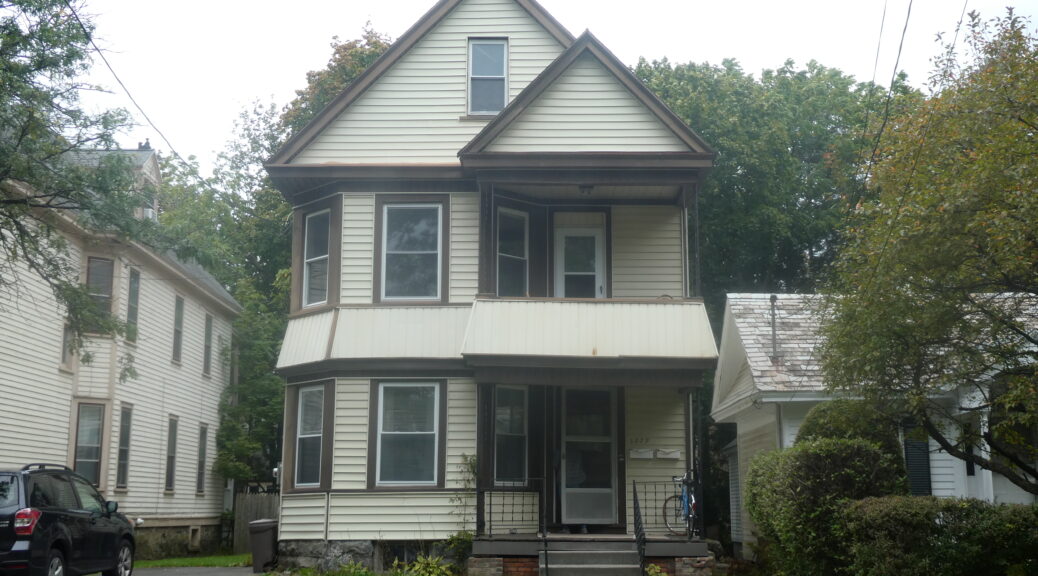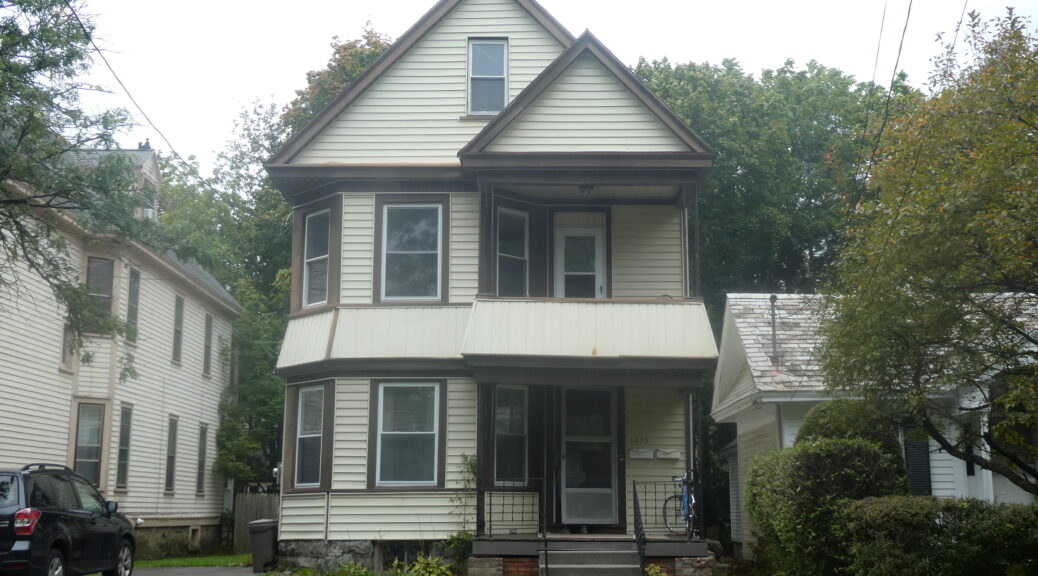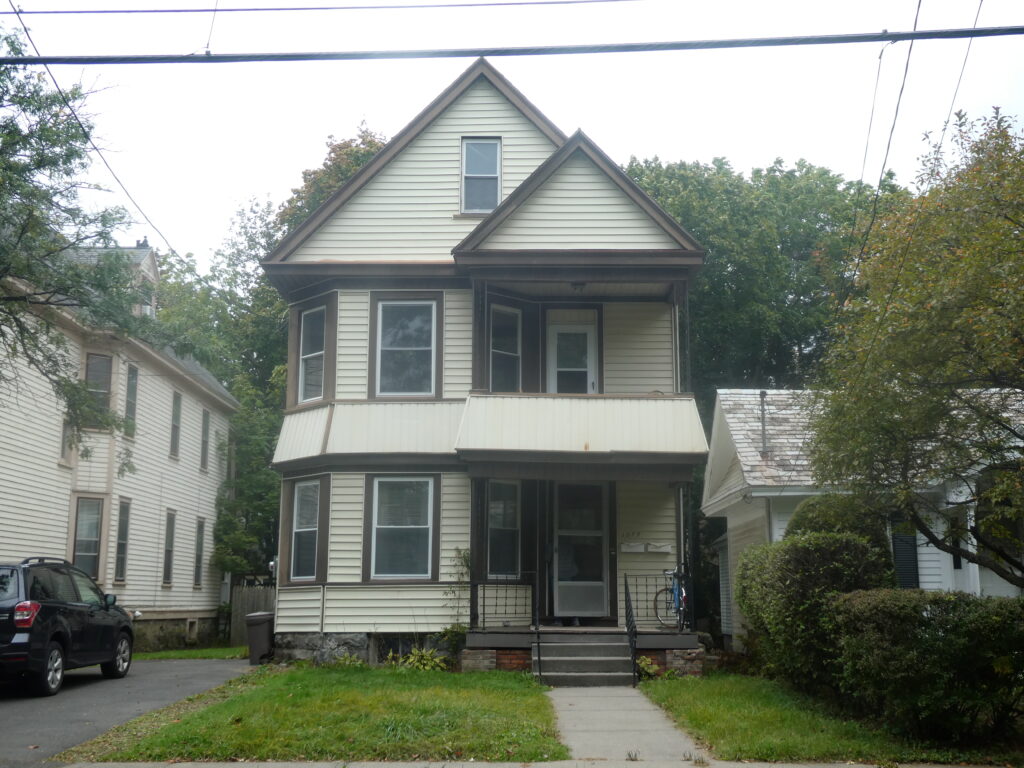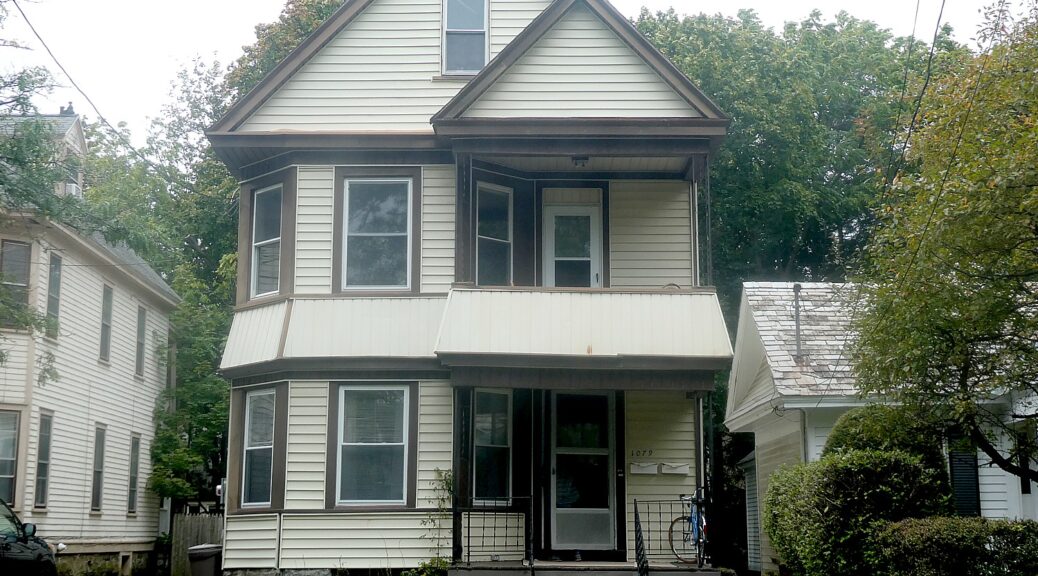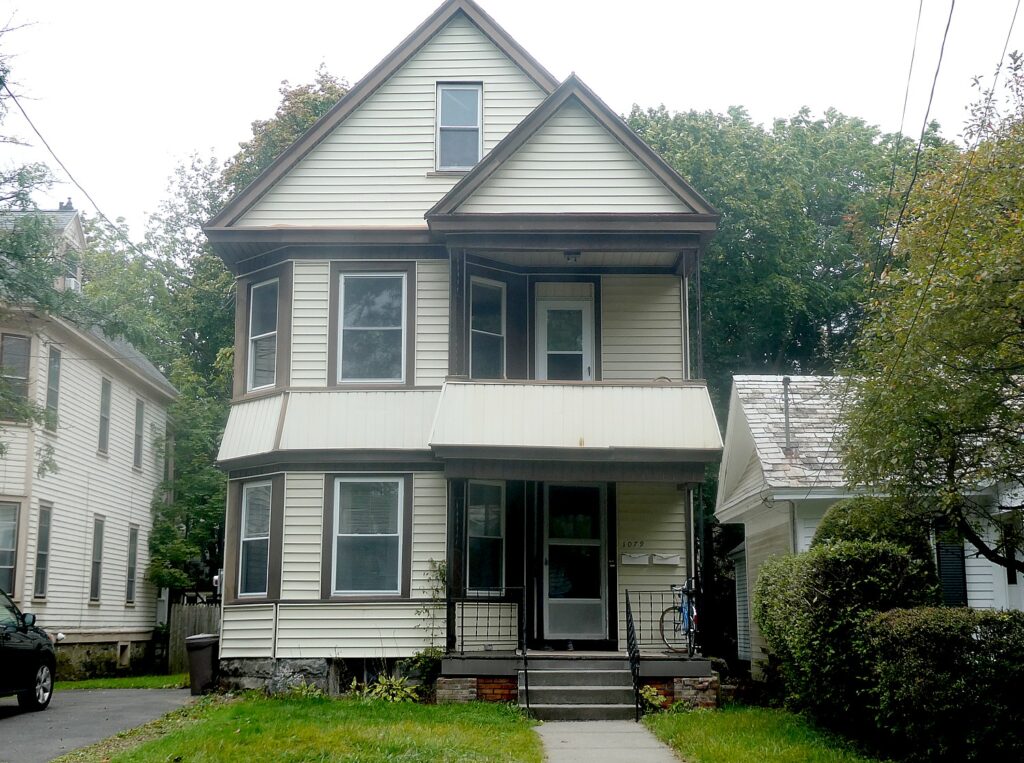Administration invests over $100 million to renovate homes with zero energy and climate resilient technology
Announcement will help advance goal of cutting the cost of decarbonizing housing in half within a decade while lowering energy bills and increasing affordable housing supply
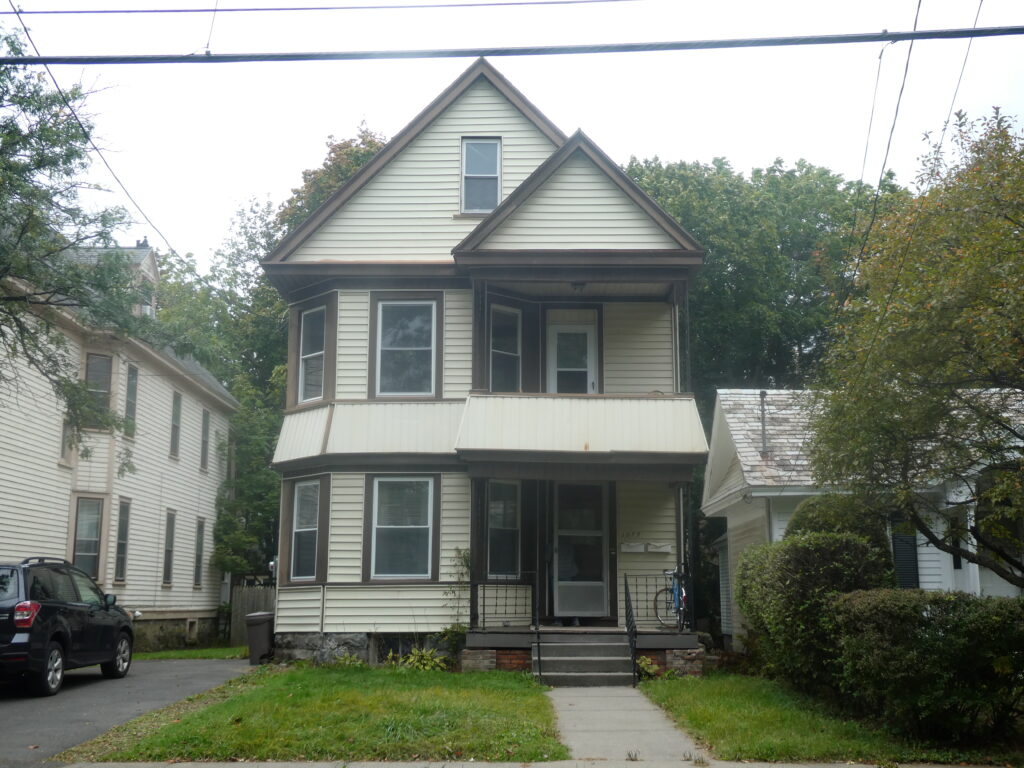
This fact sheet about Biden-Harris administration actions to cut energy bills, housing costs and climate pollution is provided by the White House:
Since Day One, the Biden-Harris Administration has advanced the most ambitious climate agenda in history, leading a whole-of-government approach to reduce emissions across every sector of the economy, including the buildings sector, and expand affordable clean energy to every American. Last week, the Biden-Harris Administration set a bold target to reduce the cost to decarbonize new and existing housing by 50% within a decade, while delivering energy bill savings for Americans and curbing greenhouse gas emissions that come from operating, constructing, and renovating buildings.
In the United States, more than a third of greenhouse gas emissions comes from the buildings sector – with 20 percent from heating, cooling, and operating our homes. By investing in solutions to cut pollution from homes, the U.S. will help curb 37% of greenhouse gas emissions that come from operating, constructing and renovating our buildings, while protecting people’s health and lowering energy and housing costs for hardworking families, a key pillar of Bidenomics.
That’s why today, the Administration announced awards of more than $100 million from the Department of Housing and Urban Development (HUD) through the Inflation Reduction Act – the largest investment in clean energy and climate action ever – to help renovate the homes of more than 1,500 low-income families to be zero energy and climate resilient. These energy-saving renovations will demonstrate the potential to preserve quality, affordable housing in our communities by cutting energy waste down to zero, increasing resiliency to extreme weather events worsened by climate change, and lowering costs for families. All the investments will be made in affordable housing communities serving low-income families in alignment with President Biden’s Justice40 Initiative and the Biden-Harris Administration’s commitment to environmental justice. These investments will also preserve the long-term viability and affordability of our nation’s existing stock of affordable housing and advance fair housing by increasing housing options for communities.
In addition, the Department of the Treasury and the Department of Energy today opened applications for the Low-Income Communities Bonus Credit program, which will spur up to 1.8 gigawatts of clean energy investments annually in underserved communities. The program, also created by the Inflation Reduction Act, provides a bonus credit amount on top of the Investment Tax Credit for building clean energy projects, which is up to 30% of qualifying investments. The Low-Income Communities Bonus provides up to a 10 or 20- percentage point tax credit boost for small solar and wind projects placed in service in low- income or Tribal communities.
Today’s announcements build on key actions taken by the Administration to boost climate resilience in buildings and deliver lower home energy costs for families across the country, while increasing investments in housing supply and safer, healthier housing.
Lowering Energy and Housing Costs for Families and Achieving a Zero Emissions Building Sector
- Last week, the Department of Energy launched its eighth Energy Earthshot – the “Affordable Home Energy Shot” – which sets a bold target to reduce the cost to decarbonize new and existing housing by 50%, save Americans money on their energy bills, and help address the persistent burdens faced by low-income households and communities of color. The initiative will advance the Biden-Harris Administration’s environmental justice and equity goals, including the President’s Justice40 Initiative, by lowering the cost of energy-efficient retrofits while reducing overall energy costs and carbon intensity of homes across the country. Reducing the cost of building will also contribute to the Administration’s efforts to increase the nation’s affordable housing supply through the President’s Housing Supply Action Plan by expanding the production of affordable housing and ensuring the long-term viability of existing units.
- The Biden-Harris Administration recently announced a goal of making zero emissions, resilient new construction and retrofits common practice by 2030. To achieve its goal, the Administration is developing a standard national definition for zero emissions buildings that will help establish a consistent, verifiable and measurable path to a zero-emissions building sector. With over 130 million existing buildings, which collectively cost over $400 billion a year to heat, cool, light and power, and 10 million new homes to be constructed by 2030, establishing a consistent uniform target will accelerate climate progress by driving investments into homes and buildings of the future.
- The Department of the Treasury recently issued guidance on the Inflation Reduction Act’s amendments to the 45L new energy efficient homes tax credit that now offers up to $5,000 per home to eligible contractors who construct, reconstruct, or rehabilitate energy efficient homes.
- Last week, the Department of Energy announced more than $30 million in awards through the Energy Efficiency and Conservation Block Grant (EECBG) Program, providing clean energy funding to eight states, 19 local governments and one Tribe. The EECBG Program is designed to assist states, local governments, and Tribes in implementing strategies to reduce energy use, to reduce fossil fuel emissions, and to improve energy efficiency. DOE also awarded more than $22 million in cash prizes and technical assistance through the Buildings Upgrade Prize (Buildings UP) to teams across America with winning ideas to accelerate widespread, equitable energy efficiency and building electrification upgrades for homes and communities.
- In addition, last month, the Department of Energy opened applications for $400 million through the Inflation Reduction Act for states and territories to adopt and implement the latest building energy codes or zero building energy codes in order to reduce utility bills, increase efficiency, lower greenhouse gas emissions that fuel the climate crisis, and make buildings more resilient to climate disaster.
- FEMA last week announced the availability of $1.8 billion for two resilience grant programs designed to increase climate resilience nationwide and prepare communities for more frequent and severe extreme weather events. The Building Resilient Infrastructure and Communities (BRIC) annual grant program is making an additional $1 billion available to fund projects that protect people and infrastructure from natural hazards and the effects of climate change. The Flood Mitigation Assistance (FMA) program will provide a further $800 million to fund projects that mitigate flood risks facing homes and communities across the nation.
- Today Department of Housing and Urban Development released a Climate Resources for Housing Supply Framework that describes key funding opportunities for a climate-focused housing supply strategy. This follows the launch of HUD’s Funding Navigator, a user-friendly searchable database of Inflation Reduction Act and Bipartisan Infrastructure Law incentives and other resources from across federal agencies to support efforts to enhance climate resiliency, energy efficiency, renewable energy integration, healthy housing, workforce development and environmental justice.
- Recently, HUD announced its Funding Navigator, an interactive tool that allows users to browse and sort funding opportunities for billions of dollars in funding available under the Inflation Reduction Act (IRA), Bipartisan Infrastructure Law (BIL).
- Earlier this month, EPA closed its application window for the Greenhouse Gas Reduction Fund. For two of the competitions—the $14 billion National Clean Investment Fund and the $6 billion Clean Communities Investment Accelerator—EPA identified net-zero emissions buildings, including multi-family housing, as a priority project category.
Together, these actions further the Administration’s commitment to reducing energy burdens, increasing housing supply and advancing fair housing, cutting climate pollution, boosting climate resilience, lowering household energy costs, and preserving the viability and affordability of America’s housing stock.

